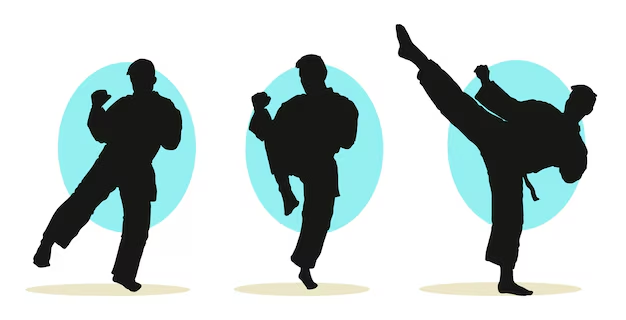What, if anything, should we do about mobile phones for the various ages of students?
Parents and teachers: This is something too important to miss – for the long-term health and learning of our students. So my request to you is to listen to some wonderful UWCSEA podcasts with your children [available: Spotify and Apple and Google], read this research summary and discuss the ideas with them. Not only will it be fascinating, fun and spark great conversation – it may also make a huge difference to them.
Which of these beliefs best represents your way of thinking about mobile phones?
Phones are inherently and intentionally distracting and they have the potential to negatively impact wellbeing – they should not have a place at school.
Phones are like anything else – they can help or hinder learning and have immense potential. We should embrace them, give individuals responsibility, and support anyone who needs help.
If you are like me, you may have a strong inclination. Many of my colleagues do; but the trouble is, not all our inclinations align, and so towards the middle of last year, we decided that we needed a systematic review of the evidence. We are adjusting our approaches, and to share the thinking we have recorded the podcasts, for which this post is a short teaser and advertisement. They are entertaining and informative in equal measure, and really too good to miss.
The research questions we posed ourselves are those faced by schools and parents globally:
What effect, if any, do phones have on student happiness and wellbeing?
What effect, if any, do phones have on the social interactions and friendships of students?
What effect, if any, do phones have on attention and concentration of students?
What benefits do phones have for our students’ learning and lives?
What do the students themselves think?
What are our responsibilities as educators in preparing students for a world inextricably permeated by mobile device technology?
What have we historically done when faced with polarising dilemmas like this? What is the UWCSEA approach?
You need to listen to the podcast to hear what we found. The findings are quite nuanced because phones (and social media) affect different kids in different ways. For example, those who tend to judge themselves with reference to others, respond differently and more strongly to social media than kids who do not. And the effects also differ by age and gender. As teenagers say: #complicated. But that makes it even more important to be informed and research-informed.

What emerged for us is that the issue is not just about the phone, or about social media; it’s about the broader way we think about what we want for our students, how we parent our children – and also, what we think the job of schools is. We are very clear, as a Mission-driven organisation, that whatever we do at school, we are also trying to prepare kids for early mornings, evenings, weekends and holidays outside school . And of course, for a meaningful and flourishing life after graduation.
It’s this longer term perspective that means we have to balance the tension between allowing students to make choices, and at the same protecting them from their choices when we think they may not be likely to make good ones. In this, the issue is not so different from so many others; the novelty and ubiquity of social media, and the moral panic of the newspapers may bring a special flavour to the issue, but society has been here before. Violent movies, alcohol, taking out loans – these are all potentially harmful and so we introduce age-appropriate restrictions. So the two polar positions I sent out right at the start binary (don’t restrict phones at all, or ban them entirely at school) are too simple; we must find developmentally appropriate middle grounds.As American educator John Dewey said: Nothing is more absurd than to suppose that there is no middle term between leaving a child to his own unguided fancies and likes, or controlling his activities by a formal succession of dictated directions.
When we remember that school is a place where children can genuinely fail at things and be supported and guided to learn, the third option – the middle ground between student choice and teacher choice – becomes clear. It is a student choice with a parachute and a big cushion. This is, I hope, familiar behavioural territory for students, parents and teachers. The details are important, but the big picture is clear.
So please listen to these podcast with your kids. I promise it will be more of a treat than a chore; they are short, they are fun; they will spark conversation and they may support a significant improvement for your children’s lives. And maybe even your own.
With thanks to Tim Lovatt and Angela Newby for the research and wonderful podcasts [available: Spotify and Apple and Google]. This year we are implementing the recommendations that follow from the research.



4 Responses
Thanks, Nick. I've shared it with our team here at FIS. Love the action research approach with student voice.
This comment has been removed by the author.
Thanks John; I hope it is helpful.
Thanks for sharing this with us. it is good to read.